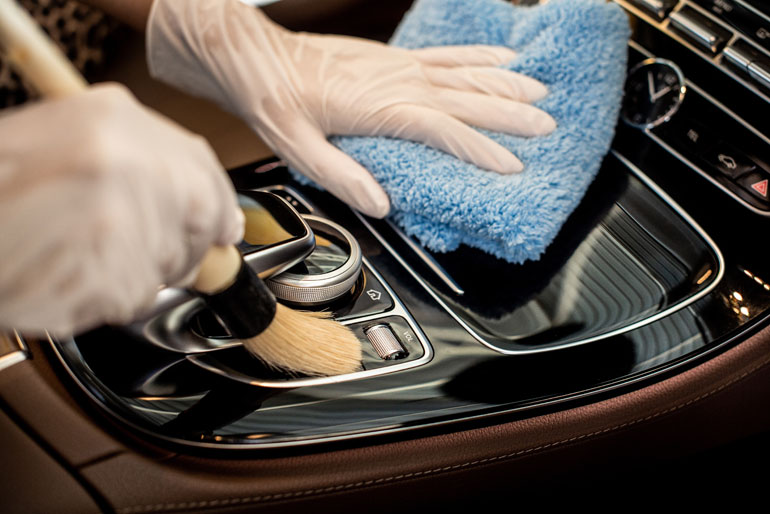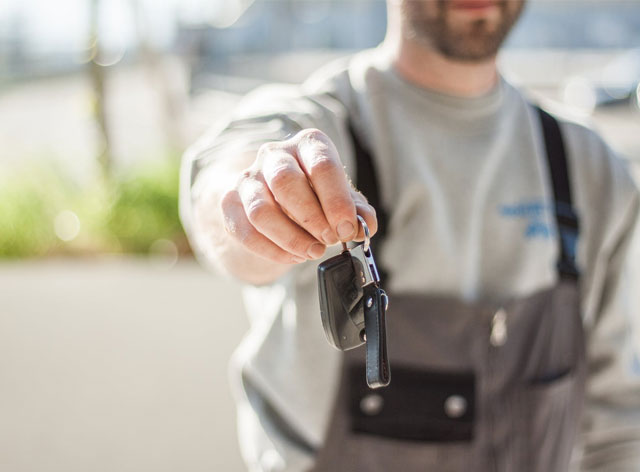Before Buying A Used Car
Buying a used car can be tricky for people that don’t know what to look out for when buying a used car.
If you contact the owner unprepared, you could end up spending a ton of money to get a car that you are not satisfied with.
So, if you ever wonder what are the most important things to do in order to make sure that you are buying a good car, keep on reading and find out what are those 5 things you should do before getting a used car.
1) Know How Much You are Willing To Spend:
This is essential if you want to get a car that will serve you well and at the same time allow you to save some money.
Here’s the most important thing when setting a budget:
Always stay below budget.
Many people disregard this key element, mostly because it is common sense, but it is incredibly important and I don’t believe that many people grasp just how important it really is.
Imagine that you have just bought yourself a nice car and you spent all your money on it.
What happens next?
Nothing.
Literally nothing.
You won’t have any money left for transition of ownership fees, technical inspection of your vehicle, registration fees and all other things you need to do before you are allowed to drive your new car.
I know that it can be really easy to succumb to your enthusiasm and spend as much money as possible, but now you know why you shouldn’t do that.
After all, you do want to drive your newly bought car, don’t you?
There’s one more thing you can do with your budget.
After setting your budget, calculate 10% from it and place it on the side.
That way you can be sure that you will have some money left for all the fees after you buy your car.
2) Be Aware That You Have Plenty of other Cars to Choose:
I know that the saying ‘Be prepared to walk away’ is a cliche, but its true.
Here’s the deal:
It’s easier to get in touch with that attitude when you become aware that your buyer is not the only person in the world that you can buy cars from. This attitude is important because most people who are selling their cars will attempt to get as much money from you as possible.
Here’s the golden rule when it comes to the value of a used car:
A used car is never worth more than the half of its original value, even if the user decides to sell it one moment after he bought it himself.
But what does this have to do with being prepared to walk away?
When you are prepared to walk away, the seller will usually lower its price.
If he doesn’t lower the price even one bit, I suggest that you walk away without bluffing, for real.
He will either call you back and give in, or he won’t, in which case it is excellent that you walked away because such people usually overprice their cars.
3) After you Find The Car That You Want To Buy, Research About it:
Researching the original, unused models will give you insight into how the car should look like.
It goes without saying that the person that sells his or her car must show you the damage if any exists.
Don’t ask about damage straight away, give the seller a chance to tell you by himself.
Maybe you can insinuate it if you want to know about damage as soon as possible.
If you see any damage on the car and the seller hasn’t warned you about it after you gave him the chance, walk away.
Only God knows what else is wrong with that car and it might be too late to find out after you already bought that car.
4) Inspect The Car:
To continue from the previous paragraph, after you have done your research, compare the insides of the car, especially important equipment like stereo, steering wheel and tachometer with the information about the original.
If they are not from the original manufacturer, that should be accounted for in the price.
By ‘accounted for’, I mean that the price of the car should be significantly lowered because of it.
The same goes for seats, engine and everything else, but if a piece of equipment that did not come originally with the car is not essential, the price shouldn’t be lowered by too much.
5) Ask For A Test Ride:
If everything went fine up until now, now is the time you should ask the seller for a test ride.
Look:
You can be relaxed if everything went fine by now, because chances are, this car is OK and you should buy it, but still, don’t allow yourself to become too relaxed.
You need that skepticism for just one more moment.
Ask if there is anything you should know about the car before the test ride.
When you start the ride, feel the handling, inspect the brakes, see if the car works fine,…
If the seller doesn’t want to go for a test ride, or refuses to allow you to go for a test ride by yourself, something is probably not good with the car.
If everything went well on the test ride, go home.
You have done enough for today.
If you still want the car one day after you tested it, you should buy it, that’s the car for you.
It’s important to reach a decision cool headed.
You don’t want to get too enthusiastic in the moment and then get the car that you don’t like.
You also don’t want to wait longer than one day because there is a chance that you will miss your opportunity.
Extra tip:
It can pay off to buy an automotive multimeter and ask the seller if he will allow you to conduct a short tachometer test before you buy the car.
If the car is not regularly serviced, it can sometimes give out false speed readings.
It would be a shame if you lost your drivers license in your new car just because you didn’t want to spend five extra minutes and make sure that everything is fine with the car.
Summary:
I hope that you will be satisfied with your new ride and that this guide will help you to reach an informed, cool headed decision.
Just remember, if you don’t feel like this is the car for you, walk away.
You will find the right car soon.







